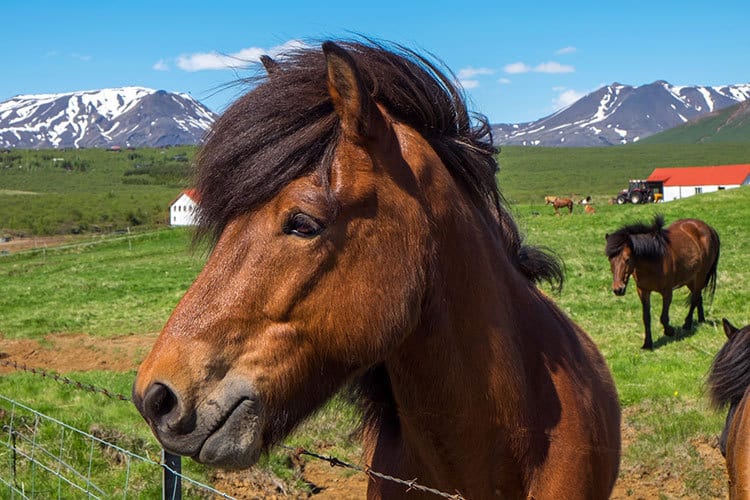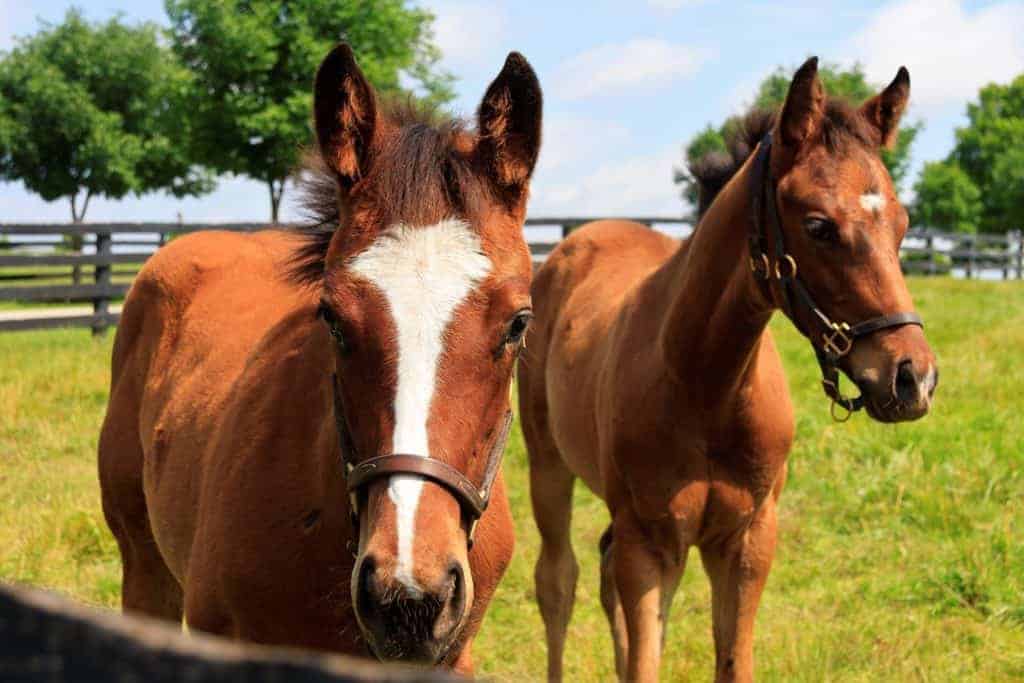
The Horse Owner, Farrier, and Veterinarian Trinity
The collaborative work of the owner, farrier, and veterinarian can dictate a horse’s soundness and overall health.
News and issues for equine health professionals

The collaborative work of the owner, farrier, and veterinarian can dictate a horse’s soundness and overall health.

Researchers identified risk factors including hay type, water source, breed, and pasture access.

A specific strain of S. zooepidemicus was likely behind the horses’ coughing and nasal discharge.

Dr. Josie Traub-Dargatz shares lessons learned from equine disease outbreaks and tactics for avoiding infection spread.

The automatic test’s short run time enables a high throughput with minimal labor requirements, researchers say.

The key is to ensure the hay, haylage, or grass has enough high-energy nutrient value to cover the horse’s needs.

Researchers tested a vaccine created with “reverse genetics” with positive results.

Decreased immune function following transport could take more than a month to return to normal, researchers found.
Prof. Padraic M. Dixon will present “The Evolution of Horses and The Evolution of Equine Dentistry.”

Learn about the signs, diagnosis, and management of repetitive stress-related fetlock injuries in racehorses.

A low-starch, fiber-based diet can help manage equine gastric ulcer syndrome after medical treatment is stopped.
The American and International Associations of Professional Farriers created the award in honor of Dr. Frank Gravlee.

Regular dental checkups will protect your horse’s overall health, comfort, and well-being. Here are the basics.

From 1995 to 2014, the OIE received reports of 54 disease events associated with international horse movement.

Using their “check-before-treat” program, scientists are finding record-low equine parasite burdens in Switzerland.

Genetic and genomic research could help veterinarians diagnose disease early and select more targeted treatments.
Stay on top of the most recent Horse Health news with
"*" indicates required fields